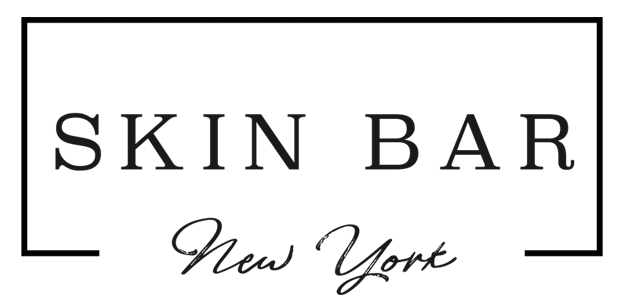All About Acne & How to Treat It
Acne is a common skin condition that affects people of all ages and can be caused by a variety of factors. While most people experience mild to moderate acne, some individuals may develop severe forms of the condition that can lead to scarring and other long-term effects. In this article, we will discuss the different types of acne and how to treat them effectively.
Comedonal Acne
Comedonal acne is characterized by the presence of blackheads and whiteheads on the skin. These types of acne occur when pores become clogged with excess oil, dirt, and dead skin cells. The best way to treat comedonal acne is to use products containing salicylic acid, which helps to exfoliate the skin and unclog pores. Retinoids are also effective in treating comedonal acne, as they promote cell turnover and prevent pores from becoming clogged.
Inflammatory Acne
Inflammatory acne is characterized by red, swollen, and painful pimples. This type of acne occurs when bacteria infects clogged pores, causing an inflammatory response. Inflammatory acne can be treated with topical antibiotics, which help to kill bacteria on the skin's surface. One of our favorite spot treatments for this kind of acne is acu therm.
Cystic Acne
Cystic acne is a severe form of acne that is characterized by large, painful, and deep cysts that form beneath the skin's surface. This type of acne is difficult to treat and can lead to scarring if left untreated. The best way to treat cystic acne is to use a combination of oral and topical medications. Usually with cystic acne comes poor blood circulation to the skin and poor lymphatic drainage. We recommend starting with DMK’s Enzyme therapy to increase blood circulation, eliminate toxins and flush out dirt and debris from the clogged sebum plugs. You can book your consultation here if you suffer from any kind of acne.
Hormonal Acne
Hormonal acne is caused by fluctuations in hormone levels, typically occurring during puberty, menstruation, pregnancy, and menopause. This type of acne is characterized by deep, painful cysts that typically occur on the lower face and jawline. Hormonal acne can be treated with oral contraceptives, which help to regulate hormone levels and reduce acne flare-ups. Spironolactone is another effective treatment for hormonal acne, as it blocks the production of androgens, which can contribute to acne formation. For a more holistic route we recommend DMK’s EFA supplements which are essential fatty acid supplements derived from botanical sources (not fish!) And, milk thistle helps your liver to process these excess androgen hormones that are being produced and causing the acne to begin with.
Acne Scarring
Acne scarring is a common long-term effect of severe acne. Scarring occurs when the skin's tissues are damaged during the acne healing process. While it can be difficult to treat acne scarring, there are several effective treatments available. Chemical peels and microneedling can help to improve the appearance of acne scars by removing the top layer of damaged skin. Laser treatments are also effective in treating acne scarring, as they stimulate collagen production and promote healthy skin cell growth.
Acne is a common skin condition that can be caused by a variety of factors. While there are several different types of acne, each with its own unique symptoms and treatment options, there are many effective treatments available. By working with an esthetician and developing a personalized treatment plan, individuals with acne can achieve clear, healthy-looking skin.

